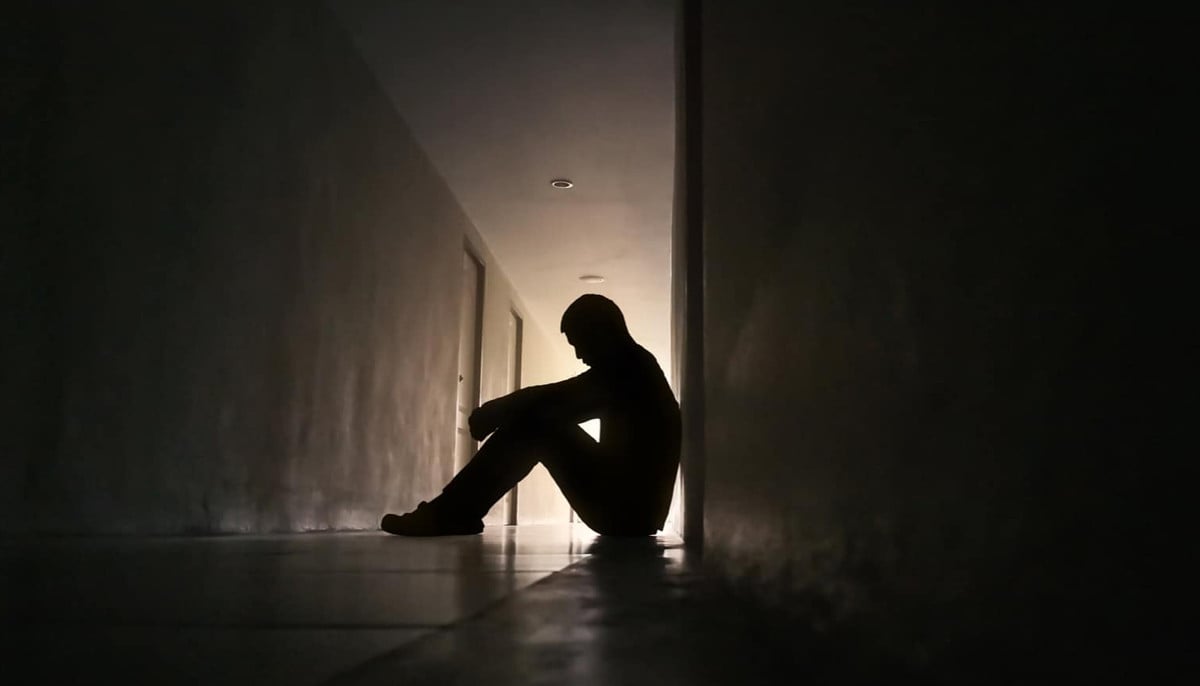Study suggest 75% Pakistani adults suffering from stress during COVID-19 pandemic
In the study more than 90% of the participants were from Sindh and Punjab
KARACHI: Three out of four Pakistani adults are suffering from moderate or high levels of stress during the ongoing COVID-19 pandemic, showed preliminary findings of a mental health study conducted by the Agha Khan University.
The study also found that nearly one in three are experiencing moderate or severe anxiety. The research was conducted by the university's department of community health sciences (CHS) by carrying out an online survey of 373 respondents between April and May.
The study’s first phase used validated screening tools to determine if people had generalised anxiety disorder. More than 90% of the participants were from Sindh and Punjab in the research.
"Respondents ranked the top three causes of anxiety and stress as being fear of contracting the virus, financial losses during the pandemic and losing a loved one to COVID-19," said the press release.
The study found that survey participants were much more concerned about their loved ones catching the disease with nearly eight out of ten respondents, or 76%, feeling a lot of fear or extreme fear of those close to them falling ill. In contrast, four of ten respondents, or 36%, reported a lot of fear or extreme fear about catching the virus themselves.
“The pandemic has exposed our social and economic vulnerabilities and created widespread uncertainty in society,” said Professor Sameen Siddiqi, the CHS department chair. “If left unchecked, stress associated with COVID-19 can lead to distress and the distress can lead to disease.”
Those already suffering from anxiety and stress are especially vulnerable to advanced illnesses such as depression and other mental health disorders, added Maryam Lakhdir, the study’s principal investigator and a senior instructor in the CHS department.
“The findings suggest that we are at risk of a mental health crisis during a pandemic. Policymakers must prioritise psychosocial interventions to limit the chances of long-lasting scars on our mental health,” Lakhdir said.
-
Late James Van Der Beek inspires bowel cancer awareness post death
-
Bella Hadid talks about suffering from Lyme disease
-
Gwyneth Paltrow discusses ‘bizarre’ ways of dealing with chronic illness
-
Halsey explains ‘bittersweet’ endometriosis diagnosis
-
NHS warning to staff on ‘discouraging first cousin marriage’: Is it medically justified?
-
Ariana Grande opens up about ‘dark’ PTSD experience
-
Dakota Johnson reveals smoking habits, the leading cause of lung cancer
-
Chris, Liam Hemsworth support their father post Alzheimer’s diagnosis












